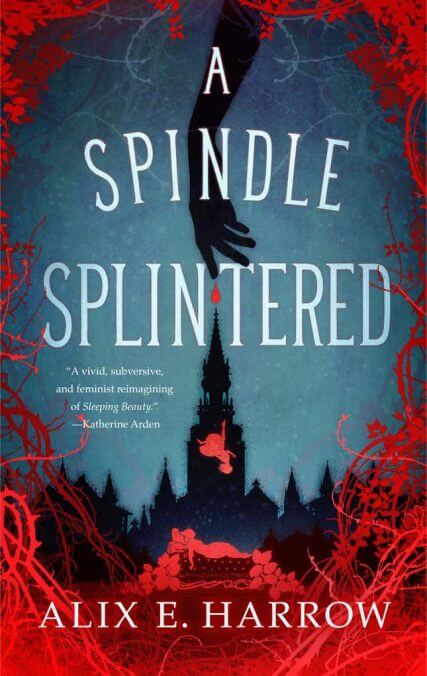The Best Fantasy Books for the Waning Days of Summer
Alix E. Harrow, author of The Ten Thousand Doors of January, recommends Mexican Gothic and more
BooksEntertainment
Graphic: Elena Scotti (Author Photo: Alix E. Harrow)
It’s the waning days of a deeply weird summer; for weeks, the vibes have vacillated wildly between glee and dread. Today’s guest for Jezebel’s summer books recommendation series has read the room to perfection.
Alix E. Harrow’s debut fantasy novel, The Ten Thousand Doors of January, garnered a whole raft of award nominations—the Hugo, the Nebula, the World Fantasy Award. It was also weirdly well-timed—a book about doors and traveling and magic and possibility released in fall 2019, just a few months before simply leaving the house became a very different proposition entirely. (It was one of my favorite books I read during summer 2020, a real balm during a time of dread.) Her forthcoming book, A Spindle Splintered, due out in October, is being billed as a feminist retelling of Sleeping Beauty, one that turns the original fairy tale inside out and complicates the original with the science-fictional concept of multiple universes and multiple princesses.

Harrow’s recommendations for Jezebel readers range widely across fantasy settings—offering a whole host of destinations to everybody who’s still not keen to get on a plane—but lean heavily on “haunted,” which, let’s face it, is the prevailing mood.
-

-

-

-

-

-

-

-

-

-

-

-

-

-

-

-

-

-

-

-

-

-

-

-

-

-

-

-

-

-

-

-

-

-

-

-

-

-

-

-








































